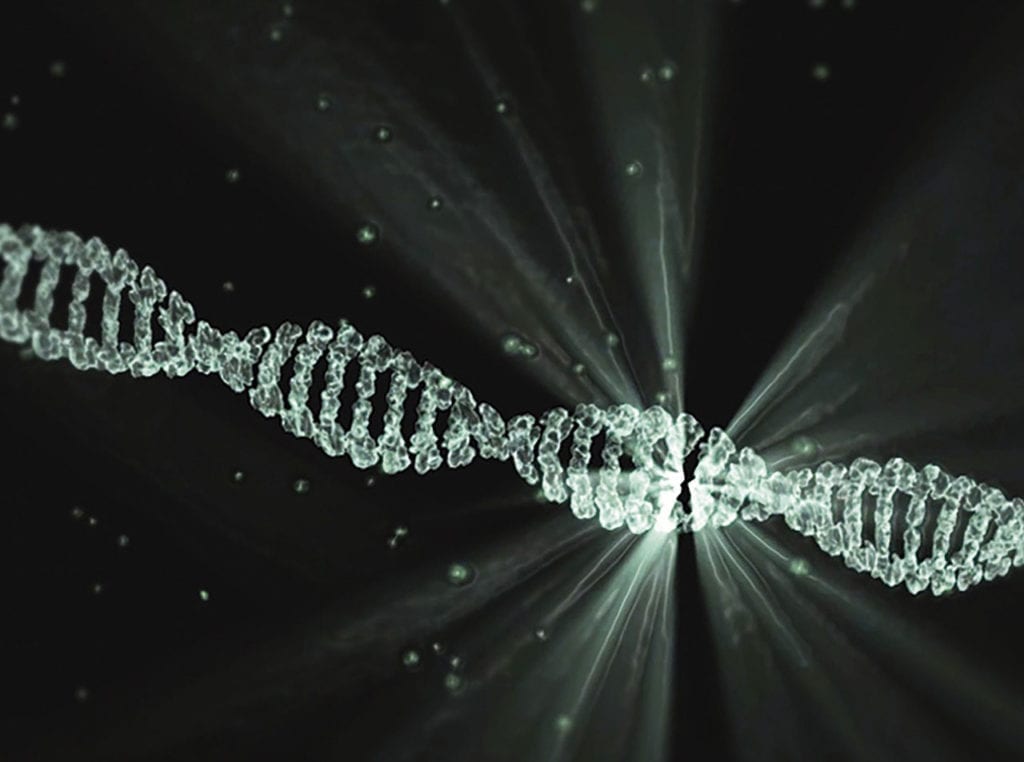According to a story from CNBC, 53-year-old James Addie has been living with hemophilia since the day he was born. Because hemophilia is a genetic disease, the blood disorder is not exactly a rarity among his family. His older brother and nephew both have the disease, as does his two month old grandson, Andrew Michael. The effects of the disease have not only meant serious bleeding episodes, but also severe joint damage that led to the replacement of his hips and left knee. However, the latest advancements in treatment may spare Andrew of these issues.
About Hemophilia
Hemophilia is a genetic disorder which affects the ability of the blood to form clots, a process that is vital for stopping bleeding after a wound is sustained. The severity of symptoms can vary widely. The disorder is caused by a mutation found on the X chromosome. Symptoms include bleeding for a long time after an injury, risk of bleeding in the brain and joints, and easy bruising. Bleeding in the joints can cause permanent damage, and brain bleeding can lead to headaches, decreased consciousness, and seizures. There are multiple types of hemophilia. The most common types are type A and type B, which are distinguished because they have deficiencies in different clotting factors. Treatment involves replacing the missing clotting factor. Drugs that thin the blood should be avoided. To learn more about hemophilia, click here.
Encouraging Results
Mr. Addie has been part of a clinical trial of an experimental hemophilia gene therapy in development from BioMarin. The treatment is intended only to require a single administration, and so far, it appears to be working well for him. His latest test of clotting factor activity indicated that it was 127 percent above baseline activity since he was treated.
If the trial continues to go well, gene therapies like this could revolutionize hemophilia treatment, which currently requires frequent, periodic infusions of clotting factor to prevent severe bleeding. While it has only been a few months since Addie was treated and the therapy is intended to last a lifetime, being able to go months without infusions has still been a major quality of life boost for Mr. Addie and his wife Sandy.
Hopefully, this gene therapy will be able to make life for people like Mr. Addie, and his young grandson, much simpler.







